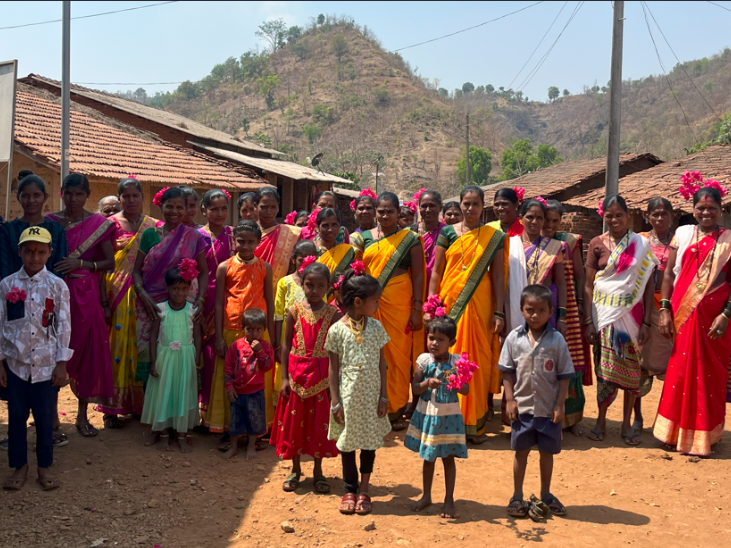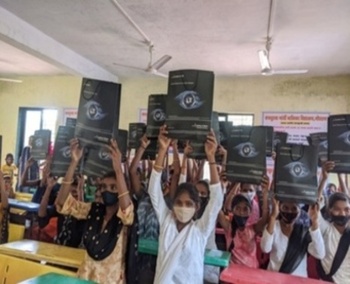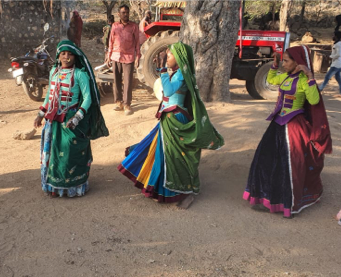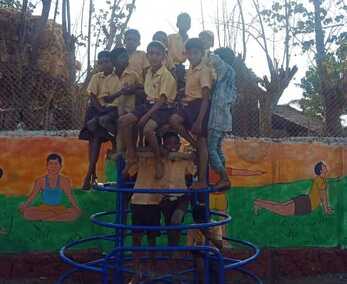Education and Awareness: Raising Awareness About Water Conservation
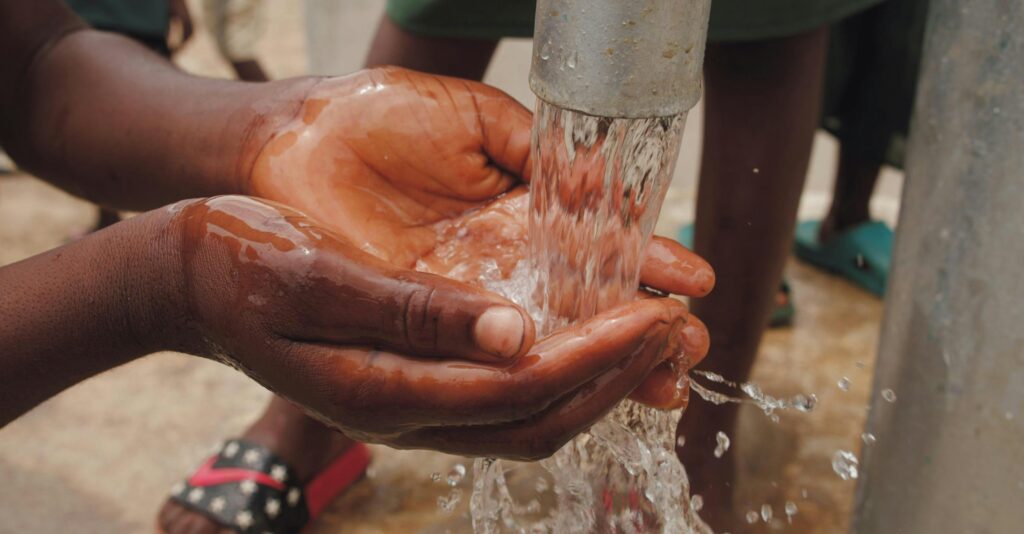
At Project Chirag, we believe that it is the responsibility of every individual to save and harness the natural resources, thereby creating a better world for the generations to come. Allow us to elaborate how education
can be a great way to create awareness of water conservation.

Understanding water conservation awareness
Water conservation awareness means the mindset that reflects recognition of the need to use water
sparingly. It includes an understanding of how wastage of water affects our environment and society as a whole. There is a study that states, by the end of 2025, the demand for water in India will reach nearly 220 billion litres, which was just 40 billion a few years ago. Education is critical in ensuring people and communities change their behaviours in order to save water.
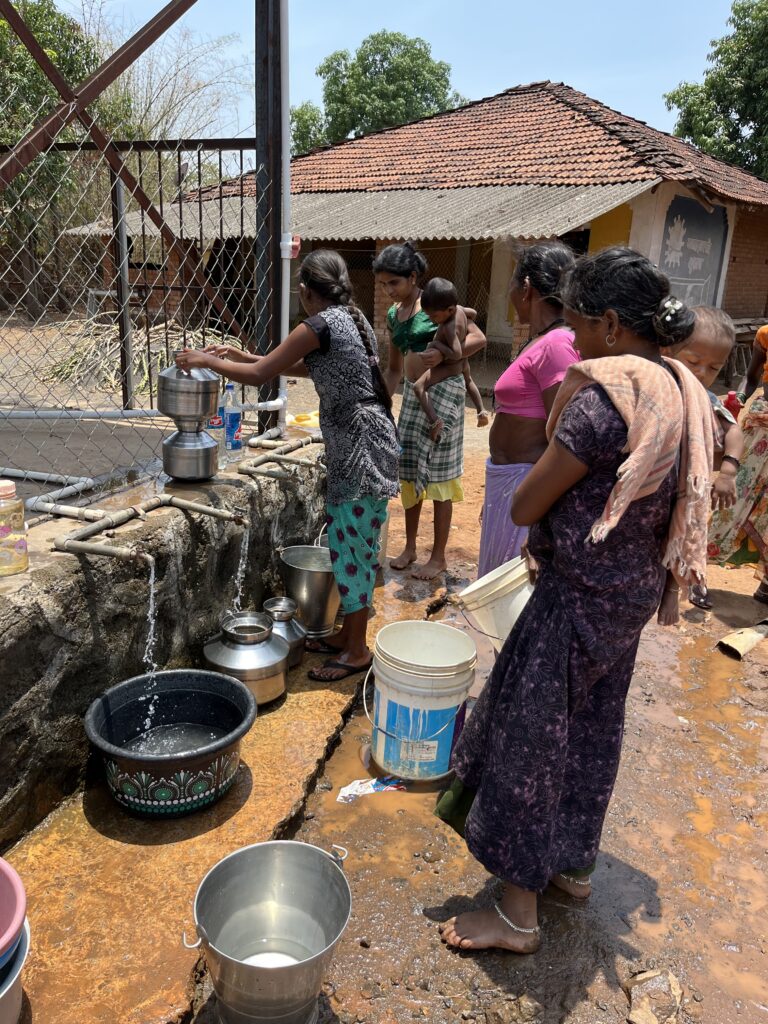
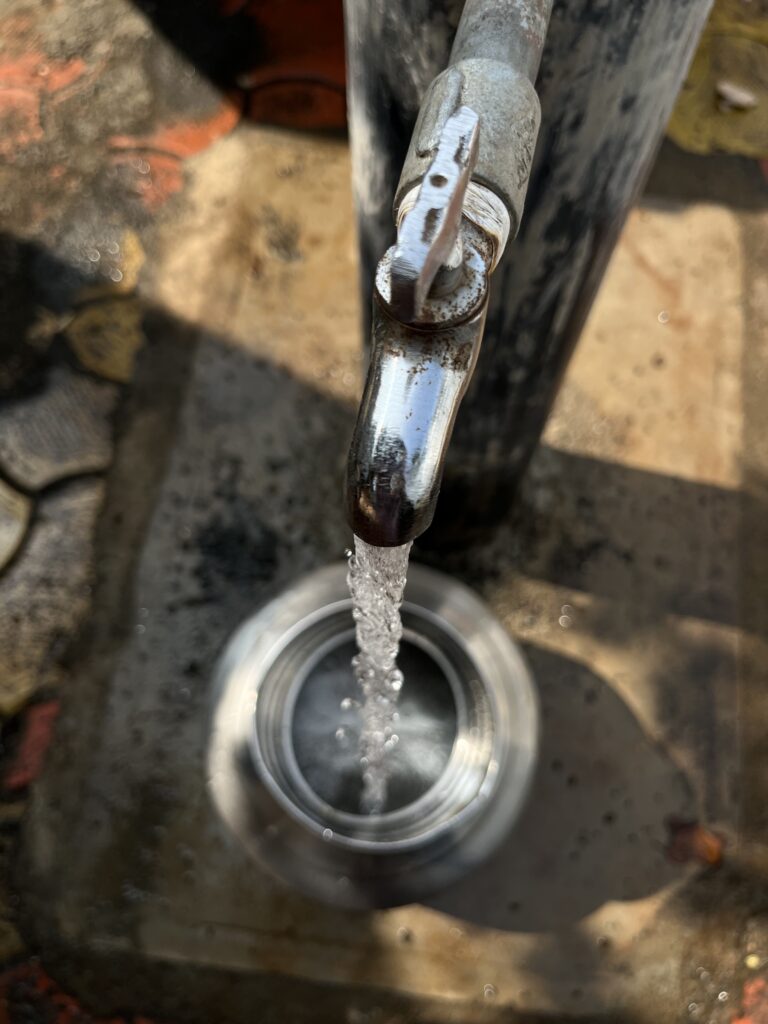
The importance of raising awareness about water conservation
Just like any other contentious issue, raising awareness about water conservation is all about creating a collective cause. Here are a few reasons why it is crucial:
- Protecting our environment – Water conservation is important in the protection of the environment. Unreasonable water withdrawal negatively affects habitats’ availability and hence affects bio-diversity. Through awareness, measures can be taken to avoid the destruction of these natural water sources and the species living in it.
- Ensuring water security – In the current world, the population continues to expand, and water is obviously a scarce resource. Promoting water conservation to make sure that we can retain water in its sheer state and make it safe for use by the next generations. It helps promote accountability and care towards our water resource base.
- Fostering community resilience – Communities that understand and appreciate the concept of water conservation are more likely to be resilient in the face of a water-scarce future. This way, we equip ourselves against droughts and other issues with regards to the availability of this essential resource to the people.
- Reducing economic costs – Water shortage is a major factor that results in huge losses economically. This may pose challenges to industries that depend on water for their production hence affecting employment. If these risks are to be managed and avoided, communities must encourage water conservation to support a stable economy.
The role of education in water conservation
- School and community outreach programs:
- Curriculum integration: Making water conservation a part of school curricula, from primary to secondary levels can help students understand the importance of water and develop a sense of responsibility towards water resources.
- Interactive workshops: Organizing interactive workshops and seminars for students and community members to educate them about water conservation techniques, such as rainwater harvesting, water recycling, and efficient irrigation practices can be very helpful too.
- Field trips: Taking students on field trips to local water bodies, water treatment plants, and sustainable farms to provide hands-on learning experiences and inspire students to take action.
- Public awareness campaigns:
- Social media campaigns: Harnessing social media platforms like Facebook, Instagram, and X, Youtube to share informative content, striking media, and inspiring stories related to water conservation can be very helpful.
- Print media: Distributing pamphlets, brochures, and posters in public places, schools, and community centres to spread information about water conservation tips and best practices is an effective way.
- Community events: Organizing events such as water conservation fairs to engage people of all ages can promote water-saving behaviours.
- Capacity building for stakeholders:
- Training programs: Training programs for teachers, community leaders, and policymakers to equip them with the knowledge and skills to educate others about water conservation.
- Partnerships with NGOs and government agencies: Collaborate with sustainable development NGOs like Project Chirag which are working towards environmental conservation, and government agencies to implement initiatives and leverage their resources to reach a wider audience.
Water conservation tips for everyday life
- Reduce your shower time to conserve water. A shorter shower can save lots of water. Alternatively, use the traditional bucket-mug combination!
- Turn off the tap while brushing your teeth or shaving to save water.
- A small leak can waste a significant amount of water over time. Fix leaky faucets promptly to conserve water.
- Collect rainwater through rain water harvesting mechanisms.
- Water your plants early in the morning or late in the evening when evaporation is minimum.
